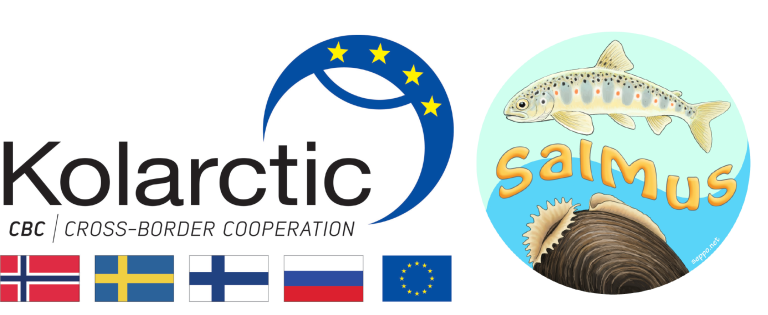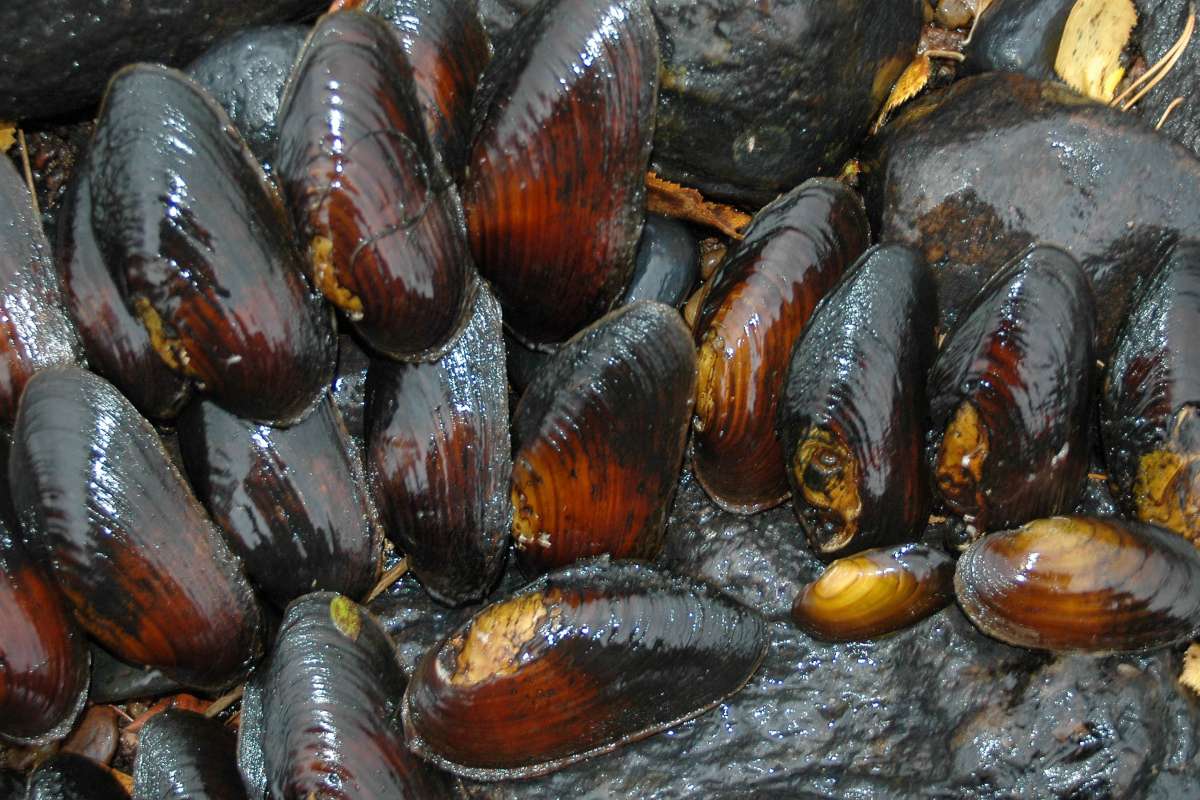Division of Environment and Natural Resources
SALMUS – Salmonid Fish and Freshwater Pearl Mussel
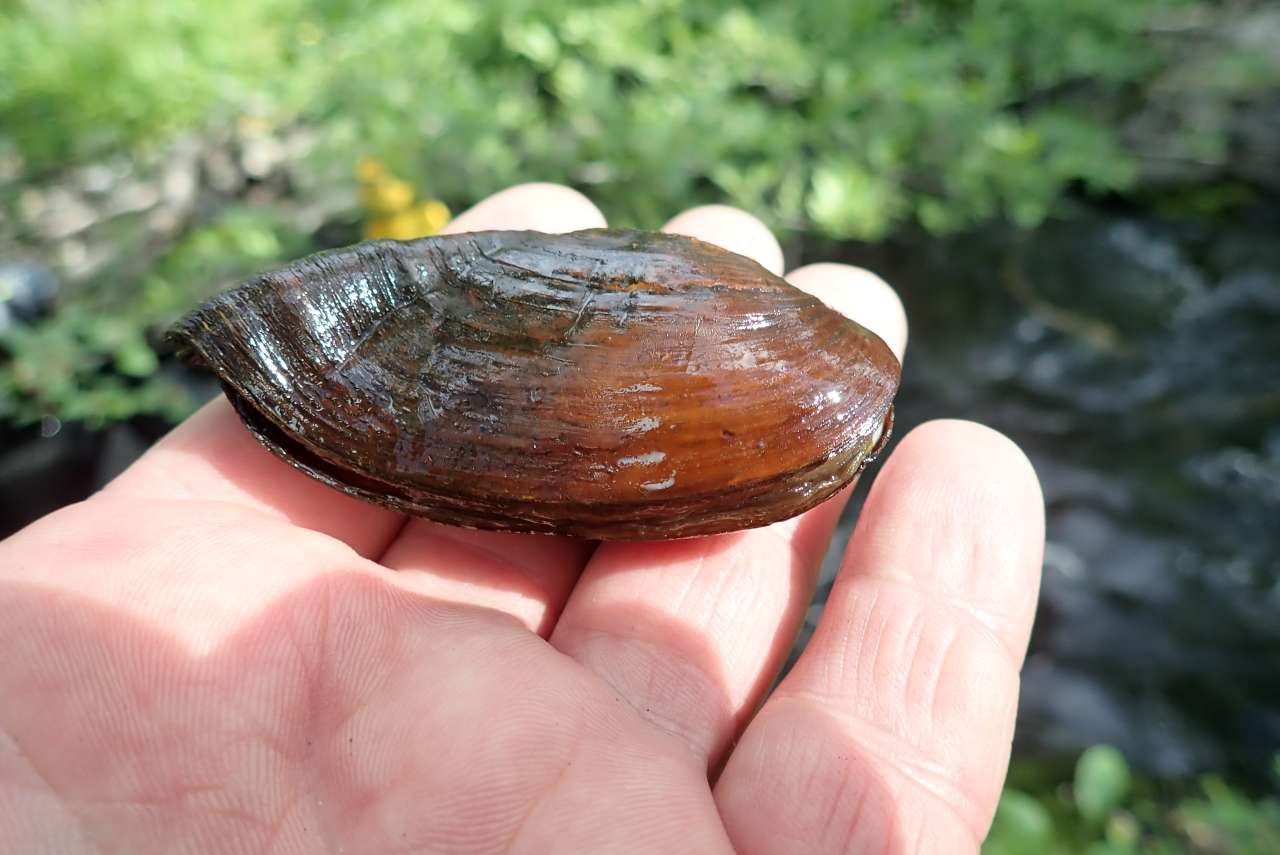
End: jun 2022
Start: jan 2019
The SALMUS project (funded by CBC Kolarctic) aims to harmonize research and monitoring methods for the endangered freshwater pearl mussel and their host species (salmonid fishes like Atlantic salmon and brown trout) in the Fennoscandian Green Belt region and includes international project partners from Finland, Russia, Sweden, and Norway. NIBIO Svanhovd contributes to these monitoring efforts in northern Norway and Finland.
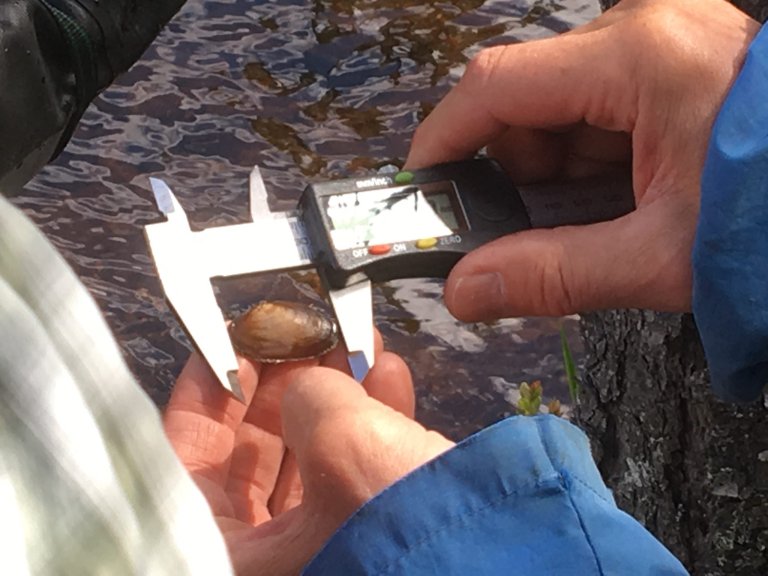
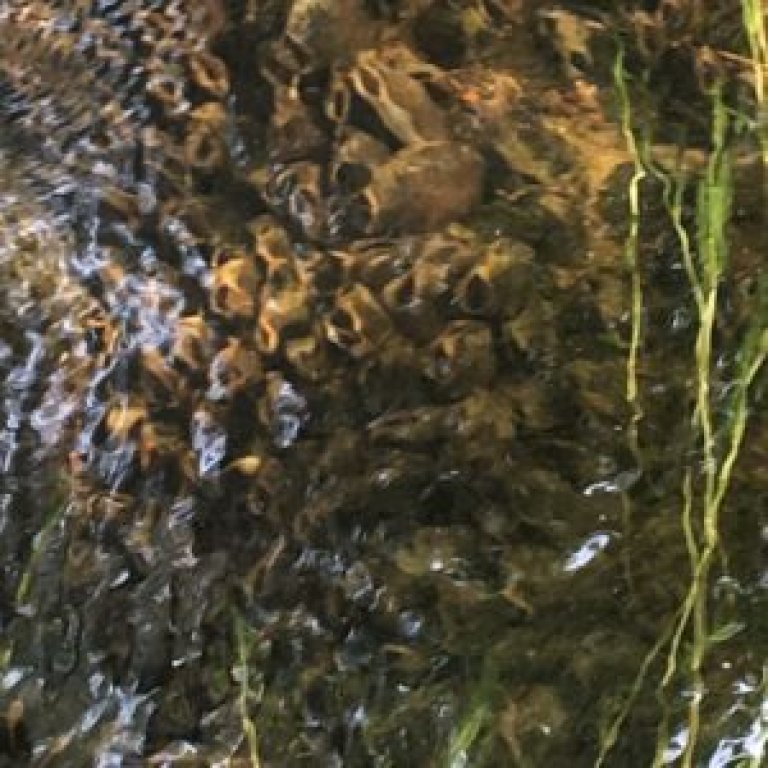
| External project link | SALMUS Project |
| Start - end date | 01.01.2019 - 30.06.2022 |
| Project manager | Heikki Erkinaro, Metsähallitus, Parks & Wildlife Finland |
| Project manager at Nibio | Cornelya Klutsch |
| Division | Division of Environment and Natural Resources |
| Department | Ecosystems in the Barents region |
| Partners | Metsähallitus, Parks and Wildlife Finland; Alleco Oy; University of Jyväskylä, Jyväskylä; County Administrative Board of Norrbotten; Natural Resources Institute Finland (Oulu); Norwegian Institute for Bioeconomy Research NIBIO; Karelian Research Centre of the Russian Academy of Sciences (KarRC RAS); Institute of Industrial Ecology Problems of the North of the Kola Science Center of the Russian Academy of Science (INEP KSC RAS) |
| Funding source | Kolarctic ENI CBC |
Freshwater pearl mussels (Margaritifera margaritifera) are a key species in freshwater ecosystems because they provide ecosystem services like, for example, water filtration and nutrients that benefit other species like fish (check also out our fish projects here!). Their life cycle is closely linked to host species (i.e., Atlantic salmon and brown trout) for the mussels’ larvae. Hence, conservation of this endangered species is critically dependent on management strategies that include species interactions and knowledge production to increase our understanding of freshwater ecosystem functions.
Have a look at the secret life of the freshwater pearl mussel in this time lapse video: https://wwf.fi/en/wildlive/freshwater-pearl-mussel/
The SALMUS project aims to harmonize research and monitoring methods in the Fennoscandian Green Belt region and includes international project partners from Finland, Russia, Sweden, and Norway. NIBIO Svanhovd contributes to these monitoring efforts in northern Norway and Finland.
However, the main goal of NIBIO Svanhovd researchers is to better understand the ecological and social benefits of freshwater pearl mussels, Atlantic salmon, and brown trout in their river ecosystem. To improve our understanding of what people use and value most, we have developed a survey, which is open for participation:
Publications in the project
Abstract
Grense Jakobselv ble undersøkt fra Lasarudskulpen og oppstrøms til grensemerke 312 høsten 2020 for forekomster av elvemusling. Det ble registrert 470 elvemusling like ovenfor Larauskulpen på et begrenset område. Ingen elvemuslinger ble funnet videre oppover elva. Tellingen er ikke utfyldende for bestanden på norsk side, til det er det nødvendig at grensen åpnes i området. Gjennom vannet ble det også observert mange muslinger på russisk territorium. Det ble også påvist små muslinger som ble påvist, imidlertid utgjør andelen fra 50 mm og mindre omtrent 10 % av bestanden, så reproduksjonen er svak. Det ble observert svært få vertsfisk under undersøkelsen.

